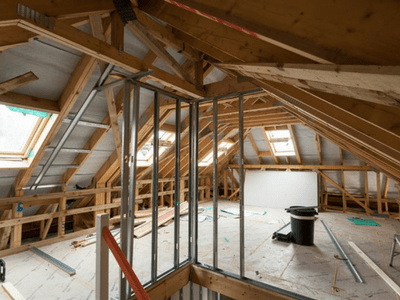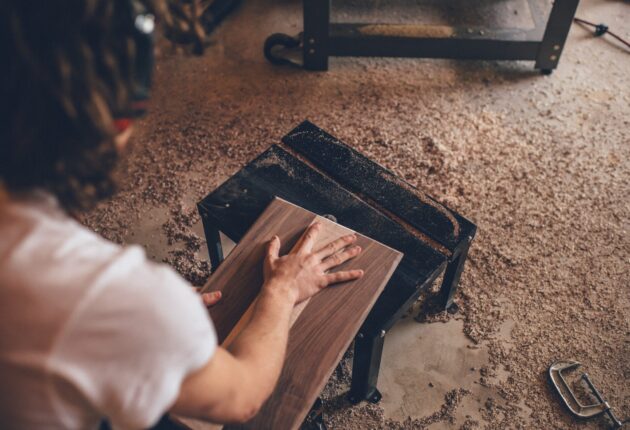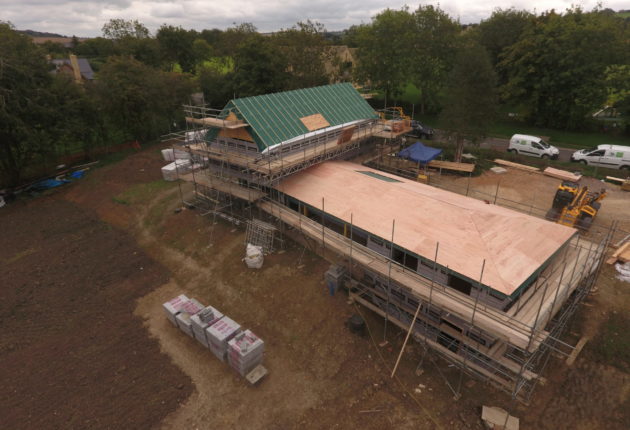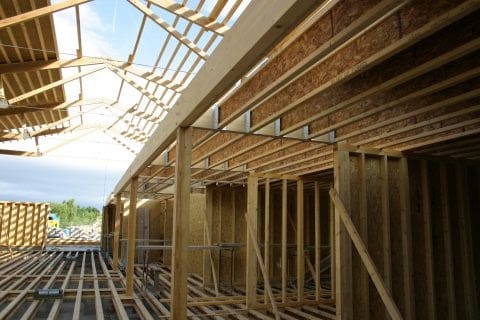12 Essential Things to Know Before Building Your Own House

Attempting a Self-Build Project and Advice
If you are attempting a self-build project, whether it is a massive family home or a more modest bungalow, chances are you may well be feeling a little daunted by the challenge ahead.
Building your own property is a great way to get the exact type of home to suit you and your family’s needs, as well as a great way to build equity.
To help you with your project, we have come up with 12 things we think every self-builder should know, check them out…
You can reclaim the VAT paid on building materials if they are to be used on a self-build project. It can be claimed back at the end of the project – so be sure to keep on top of all of your paperwork. Depending on the size and scale of your project, this could run into thousands and is a welcome boost to the self-build budget.
Always build in a contingency – aim for around 10% of your overall budget and use this for those unexpected emergencies that need addressing for the project to continue.
Financial planning is key to a successful project; when it comes to self-building there is a lot to consider.
Self-build insurance is essential and often covers against flooding, fire and theft. Temporary on-site buildings, such as caravans are often also covered, (great if you are living on site while your new home is under construction), as is the property you are building. Every policy varies in terms of cover, so be sure to read the small print.
Be realistic in what you can bring to the project. This is your build and how much you are involved is up to you. Do you plan to project manage? Do you plan to be an on site labourer? Maybe you are considering doing the bulk of the work yourself?
While it is up to you how much (or little) you do, do think about how your input will affect the project, if you are keen to be involved, but learning as you go, fine, but do keep in regular contact with your team and ask for support when you need it. You may also need to accept that progress may be slower than you would like. If you want to be hands off as much as possible, be sure to be available if a member of the on site team has questions.
You will need planning permission and will need to adhere to building control regulations. Check with your local council for advice.
Finding the right plot of land can be difficult, but don’t give up, check out online resources such as www.plotfinder.net. Of course, nothing beats local knowledge, so once you know where you want to build your home, commit to researching the area and getting to know the locals.
Before you buy a piece of land – ask yourself; is the land under a flight path? On a floodplain? Close enough to schools and transport links? In the excitement of finding a suitable piece of land you could overlook these important factors.
Once work begins your site will become busy, is accessibility to your site suitable for large lorries and heavy deliveries? If not, you will need to find a solution before work begins to prevent hold ups.
Before agreeing on a final design for your new home, be sure it fits the way you want to live, for example, if you like to entertain is the kitchen/ dining space large enough? Is the garden of adequate size to accommodate summer BBQ’s with friends?
Remember, however you decide to build your property it will be you that is responsible for its maintenance and upkeep, including running costs, so while adding extra rooms may not make too much different to the build costs, they could seriously impact your future energy bills.
The materials you choose for your project can impact not only the finish, but the environment too. With the right materials build time can be speeded up such as with engineered timber roof solutions, which help to build designs that would be otherwise impossible and can be accurately constructed, minimising fitting time. What’s more, choosing sustainable materials can help reduce the environmental impact of the build.
Whatever the scale of your project, when it comes to roofing and flooring solutions we can help. Our dedicated in-branch teams are on hand to help advise and answer your queries, click here to find your local Pasquill branch.




